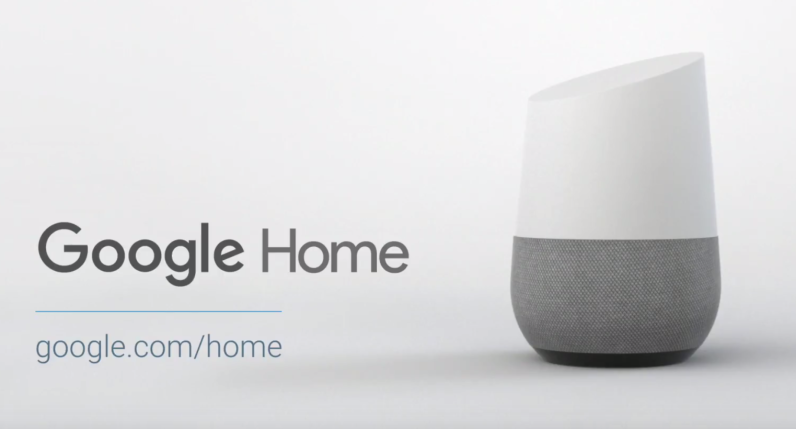To get our regular email updates, simply click here.
If we believe Google, the migration from mobile to artificial intelligence is already underway. The future will bring personal search and seamless, portable digital assistants.
Two weeks ago, Google’s CEO Sundar Pichai presided over the release of specs and pricing for its new hardware devices -- its 5-inch and 5.5-inch smartphones and its new Google Home smart device. It was biggest product lineup Google has ever released.
As the leader of Google, Pichai oversees one of the most successful software companies in the world. Yet he and other Google engineers talked at length about camera specifications, industrial design and the choice of supple fabrics for branded hardware. That’s because they understand that the next phase of computing will be far more personal. Getting the hardware just right is more important than ever.
Software is still extremely important, though. Google has spent 18 years meticulously collecting and tabulating data, building complex computer algorithms goosed with artificial intelligence. Its Knowledge Graph now boasts 70 billion facts. Its advances in image capturing, machine translation andtext-to-speech mean it’s now possible to translate languages on the fly and occasionally get fooled by human-like tone of a computer generated voice.
The goal is to bring all of that cutting-edge computer science to hardware people will love. So the camera in itsbeautiful new Pixel smart phone uses AI software to patch together multiple short exposures and stabilize images for stunning shots. Camera reference site DxO Mark Mobile gave Pixel its highest rating for any smart phone, ever.

Home, its Internet of Things appliance, is smart enough to listen only for the closest voice and then respond. When you ask follow-up questions it remembers your previous question and infers context. Its VR headset uses wireless technology to automatically calibrate with Pixel. It even comes in comfy finishes that are more Lululemon than Star Wars. Chromecast is smart enough to play 4K media on your flat screen just by talking to it and pick up where you left off on the last episode of House of Cards. The new WiFi routers build a seamless mesh network to provide the best signal on the least congested frequency. And when your teenage kids will not come downstairs for dinner you can turn off their WiFi, individually.
In part, these things are possible because of Assistant software running in the Google cloud. Like the movie Her, Assistant learns and moves seamlessly between devices while retaining all it knows about you.
Google plans a software developer kit to help others embed Assistant in all sorts of devices. It will also support API.AI, the open source application programing interface network largely responsible for the phenomenal growth of Amazon’s Alexa.
In the interim, Home will support all of the usual Internet of Things networks. So you will be able to control connected home appliances, the thermostat, lights and security systems. Wrapping it all in Google security will help.
Alphabet, the parent of Google is a key component in the Internet Shockwave portfolio. AI assistants are the future of computing and Alphabet is now well-positioned to lead. The stock is a buy into weakness.
##

About Jon Markman: A pioneer in the development of stock-rating systems and screening software, Jon Markman is co-inventor on two Microsoft patents and author of the bestselling books The New Day Trader Advantage, Swing Trading and Online Investing, as well as the annotated edition of Reminiscences of a Stock Operator. He was portfolio manager and senior investment strategist at a multi-strategy hedge fund from 2002 to 2005; managing editor and columnist at CNBC on MSN Money from 1997 to 2002; and an editor, investments columnist and investigative reporter at the Los Angeles Times from 1984 to 1997.
Sign-up for our Free Friday email
For teams that need additional security, control, and support.